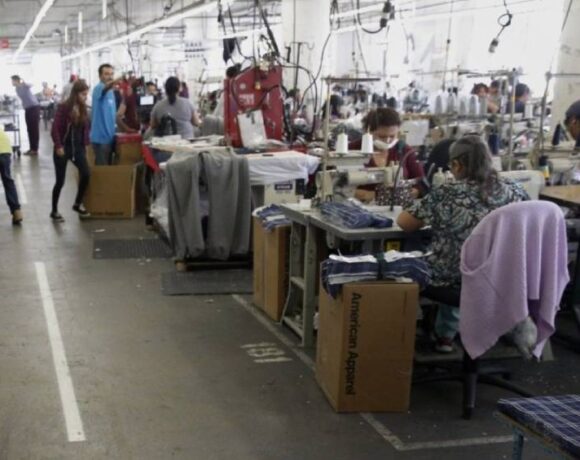Gujarat’s New Textile Policy: 30% Capital Subsidy Sparks Growth

The Gujarat government is set to roll out a comprehensive textile policy in 2024, aiming to invigorate the textile industry in the state. The draft of the policy, currently under final consultation, reveals a strategic approach to address existing gaps in the textile value chain and provide robust support to the sector.
One of the key highlights of the proposed policy is a substantial 30% capital subsidy offered to textile units. This capital subsidy, calculated on the Gross Financial Capital Investment (GFCI), is designed to enhance the financial viability of textile operations. The government is committed to disbursing this subsidy, capped at 6% of GFCI per annum, thereby injecting crucial financial support into the textile industry.
In addition to the capital subsidy, textile units are poised to receive a 7% interest subsidy over a decade from the initial disbursement of term loans. This long-term interest subsidy aims to alleviate financial burdens and encourage sustained growth within the sector.
Moreover, the policy outlines a power tariff subsidy of Rs 2 per unit for textile units, extending over a 7-year period. This incentive not only reduces operational costs for textile manufacturers but also promotes energy efficiency in the sector.
Beyond financial incentives, the textile policy encompasses a range of support measures, including assistance for energy conservation, water conservation, and environmental preservation. Technological upgrades and the adoption of green practices are also incentivized, reflecting a holistic approach to sustainable and innovative practices within the textile industry.
Special provisions in the policy target textile parks, offering financial assistance of 25% of the capital expenditure for establishing common facilities and infrastructure. Additionally, developers of these parks stand to benefit from a complete reimbursement of stamp duty paid on land purchases for new park development.
The policy covers various segments of the textile value chain, including Ginning & Pressing, Spinning, Weaving, Dyeing & Processing, Knitting, Carpeting, Embroidery, Made-Up’s (excluding garments), and Technical Textile. The government’s emphasis on supporting the entire value chain underscores a comprehensive strategy to fortify the textile sector in Gujarat.















